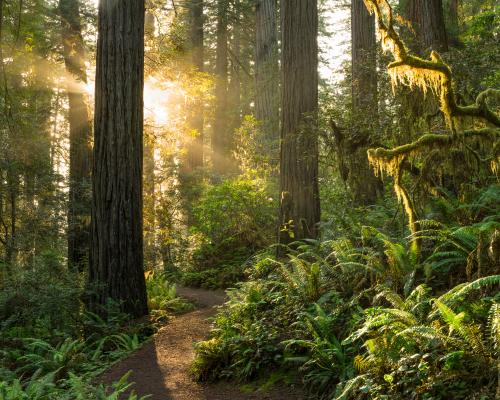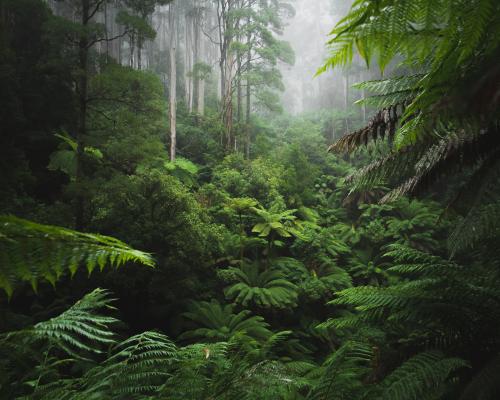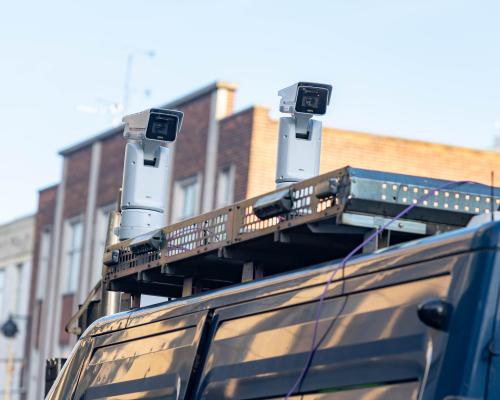
‘Can literature be a tool to encourage something better – creating eco-topia on the page, so it might be imagined off it?” asks the novelist Sarah Hall in this weekend’s Guardian magazine. Climate fiction – or “cli-fi” – continues to grow as a genre in its own right; the first Climate fiction prize was awarded this year. And while the roots of environmental fiction are in apocalypse and despair, these five writers are moving beyond dystopia to hopeful possibilities.
***
The Overstory by Richard Powers
Powers was awarded the 2019 Pulitzer for this love letter to the arboreal world. Mimicking the interlinked canopy and undergrowth of the forest, he weaves the stories of nine core characters whose lives are deeply connected to trees. Olivia and Nick, for example, set up camp in a giant redwood for a year to prevent it from being cut down. They connect with other characters over their environmental activism, with one tragic consequence. But ultimately the novel is a homage to the resilience of humans and trees.
***
Gun Island by Amitav Ghosh
In Ghosh’s globetrotting novel inspired by Bengali legends, environmental destruction surfaces again and again: climate change-induced migration, wildfires, beached dolphins. This is no dystopia, but climate realism. Yet the novel feels fundamentally hopeful, with Ghosh nodding to cross-cultural cooperation as a means of facing climate destruction. Two female characters, marine biologist Piya and historian Cinta, also fortify us. “I don’t think my book is climate fiction at all,” said Ghosh in a 2019 interview. “It’s actually a reality that in hard circumstances humans often discover joy and faith.”
***
Parable of the Sower by Octavia E Butler
Originally published in 1993, Parable of the Sower is set between 2024 and 2027 in a California bordering on anarchy, marked by economic breakdown and climate change. The narrator, Lauren Olamina, suffers from hyperempathy syndrome, meaning she feels the pain of others acutely. She creates a new religion, Earthseed, which posits that humans have the power to “shape God” and enact change. Verses from Earthseed’s book of scripture are scattered throughout the novel: “Belief initiates and guides action – or it does nothing.”
***
Flight Behaviour by Barbara Kingsolver
Escaping an unhappy marriage on a failing Appalachian farm, Dellarobia is en route to meet her would-be lover when she is stopped in her tracks by a sea of orange monarch butterflies, set off their migratory course by climate change. Dellarobia’s discovery draws an entomologist to the area, and with his help she undergoes a metamorphosis of her own.
***
A Psalm for the Wild-Built by Becky Chambers
This slim novel, published in 2021, is set on a utopian moon, Panga, following a destructive “Factory Age”. Humanity has since deindustrialised, transitioning to agrarian, sustainable living. Our protagonist, non-binary tea monk Dex, travels between Panga’s villages in their wagon, offering personalised brews and a listening ear to troubled residents. But soon, Dex craves quiet, and journeys into the wilderness, where they strike up a friendship with a robot, Splendid Speckled Mosscap, who is looking to answer the question: “What do humans need?” This cosy novella slots into the “hopepunk” subgenre of speculative fiction for its optimistic exploration of life’s meaning and humanity’s relationship to nature and technology.





